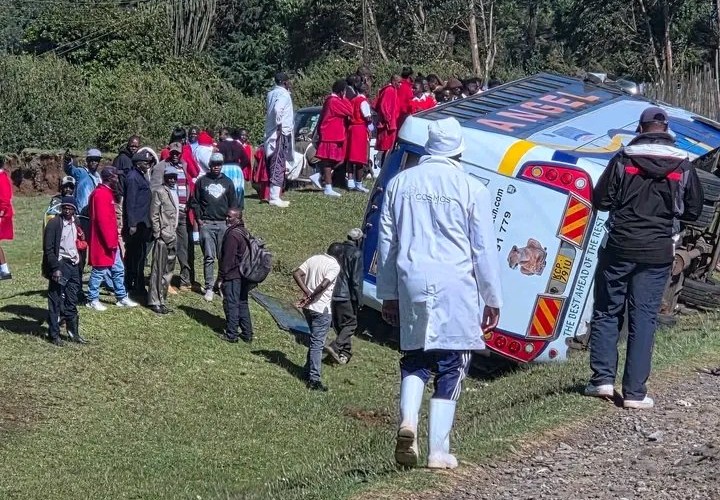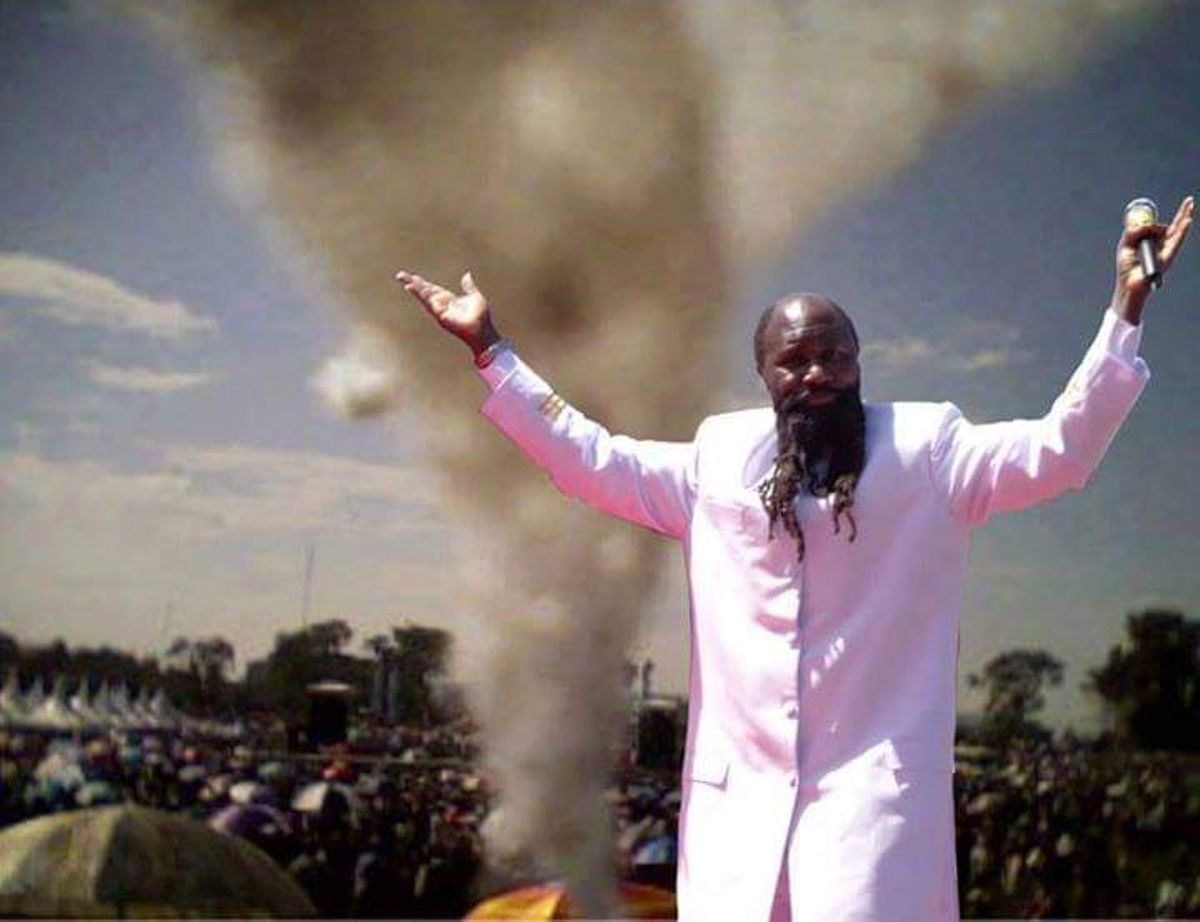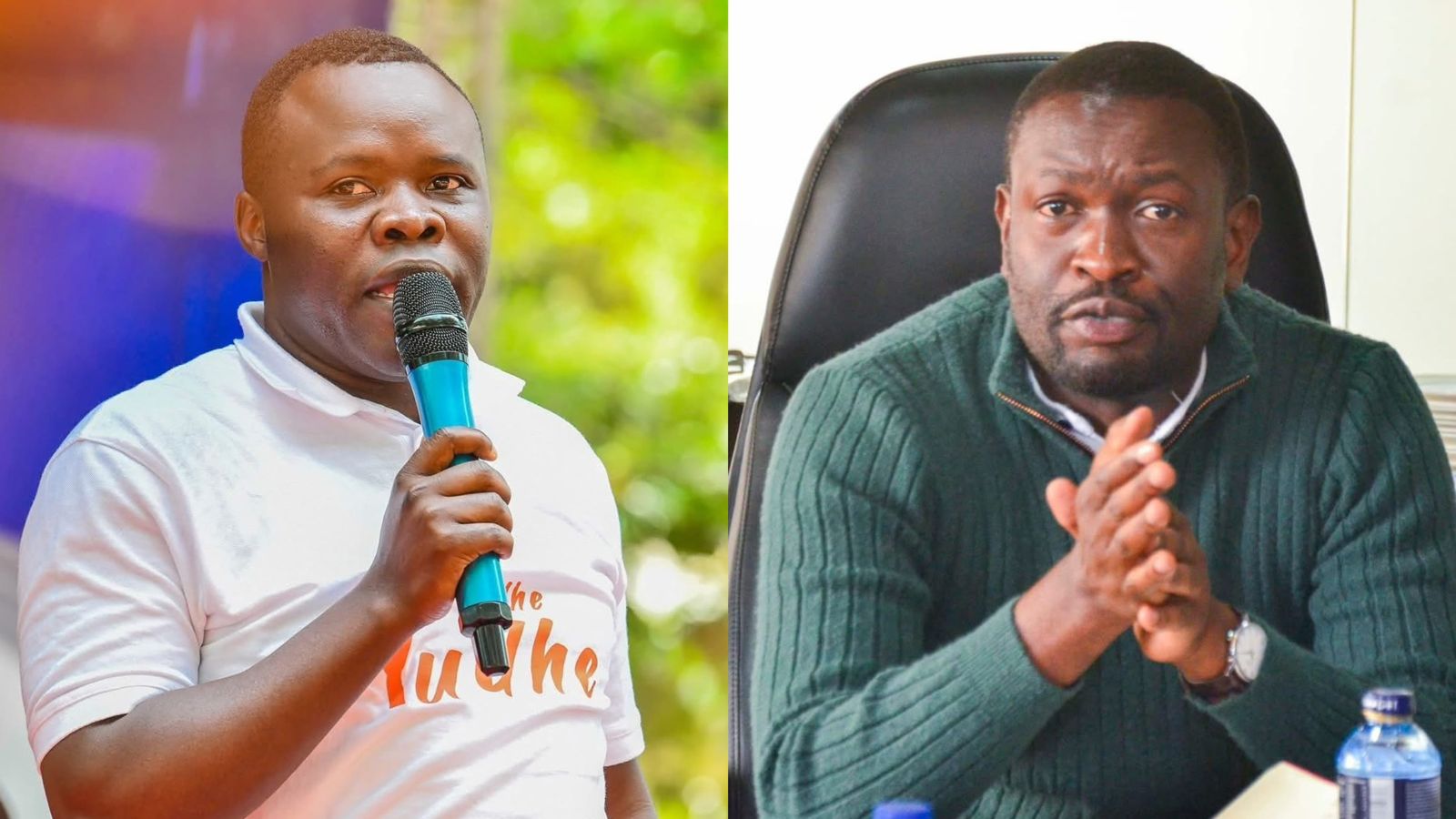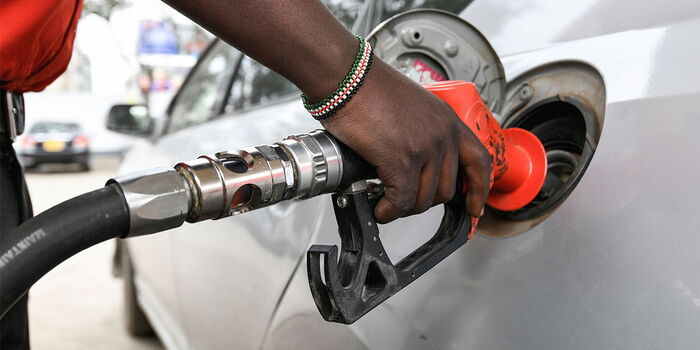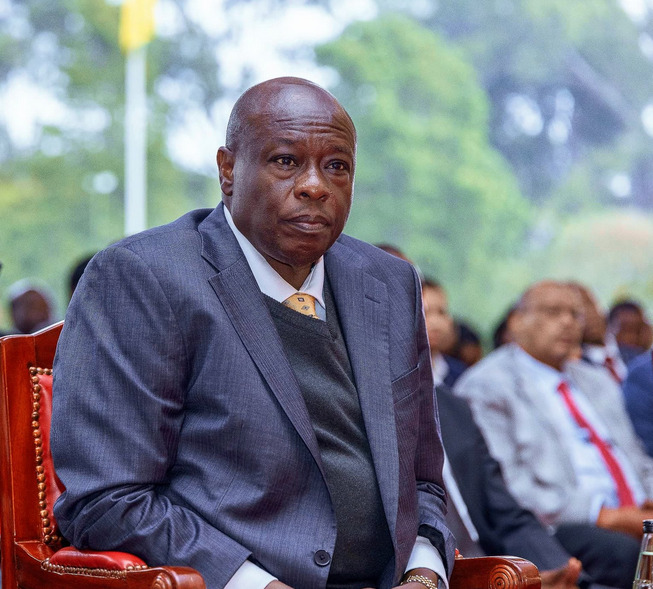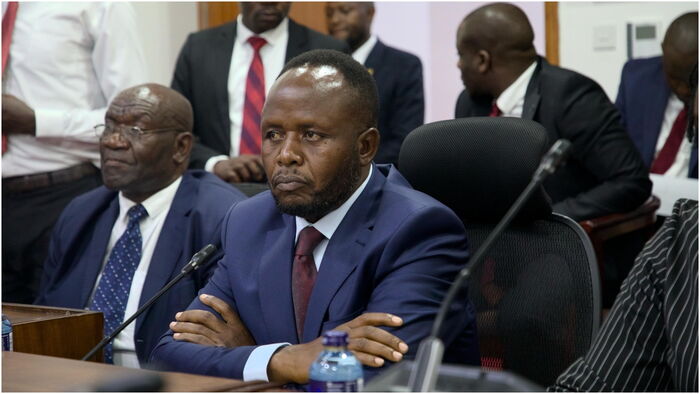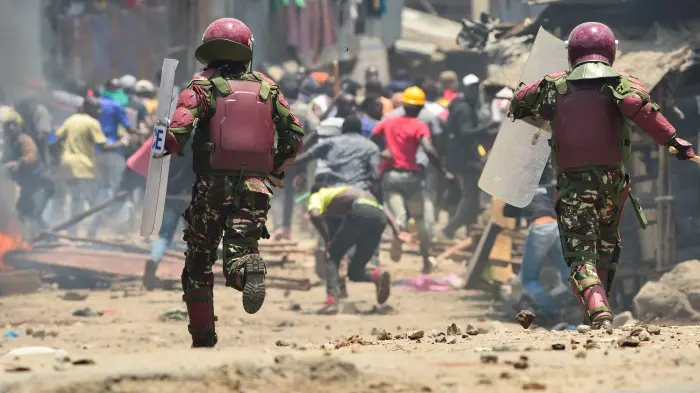
In a dramatic turn of national reflection, former President Mwai Kibaki’s legacy is under renewed scrutiny as analysts and activists draw a direct line between his political decisions and the chaos that has come to define the annual Saba Saba protests. What was once considered a moment of democratic triumph is now marred by violent clashes, property destruction, and deaths—events critics claim could have been prevented had Kibaki taken bold action during his time in office.
The Saba Saba movement, which traces its origins to the July 7, 1990 protests against one-party rule, has grown into a symbol of resistance and civic awakening. Yet, more than three decades later, the day remains unofficial, unrecognized in the national calendar, and often descends into unrest. Analysts argue this is not by accident but by design—and that Kibaki bears much of the blame.
Long before his presidency, Kibaki played a key role in political decisions that altered the course of Kenya’s democratic evolution. In 1982, while serving as Vice President, he supported constitutional amendments that entrenched the one-party system—effectively shutting the door on political pluralism. That decision, according to historians, planted the seeds of frustration that later exploded during the Saba Saba uprising.
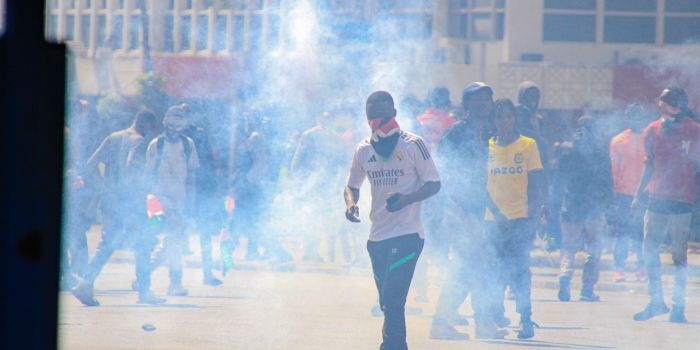
When Kibaki assumed office in 2002 on the promise of reform, many believed he would be the leader to formalize Saba Saba as a national day of reflection and reform. But despite overseeing an economic boom, his administration failed to memorialize the day or recognize its significance in Kenya’s struggle for freedom. No monuments were built. No official ceremonies were established. Instead, the silence from the top leadership was deafening.
Critics say this omission created a vacuum that has only grown darker with time. In the absence of structured remembrance, Saba Saba has become a powder keg of anger and unresolved injustice. What could have been a unifying moment has turned into an annual battleground—fuelled by state indifference and a lack of historical acknowledgment.
Moreover, during Kibaki’s tenure, the government frequently met demonstrations with brute force. From crackdowns on opposition supporters to the violent suppression of post-election protests in 2007 and 2008, the state’s approach to dissent hardened. This legacy of repression, some argue, normalized the aggressive response to modern Saba Saba protests, setting a precedent that continues to cost lives and destroy livelihoods.
Today, Saba Saba is not just a protest—it is a symptom of a deeper national wound. The deaths, injuries, and destruction witnessed in recent years have sparked a growing call for the day to be officially recognized and protected. Civil society groups argue that the only way to break the cycle of violence is to honor the past, institutionalize the memory, and open space for peaceful civic expression.
Mwai Kibaki’s economic reforms and infrastructure achievements remain part of his legacy. But as the nation continues to bleed every July 7, a painful question emerges: Did his silence on Saba Saba speak louder than all his accomplishments?
As Kenya grapples with the meaning of democracy and remembrance, the conversation is shifting. The call for justice is no longer just about police reform or protest rights—it is about truth, history, and the political choices that continue to shape the nation’s destiny.


